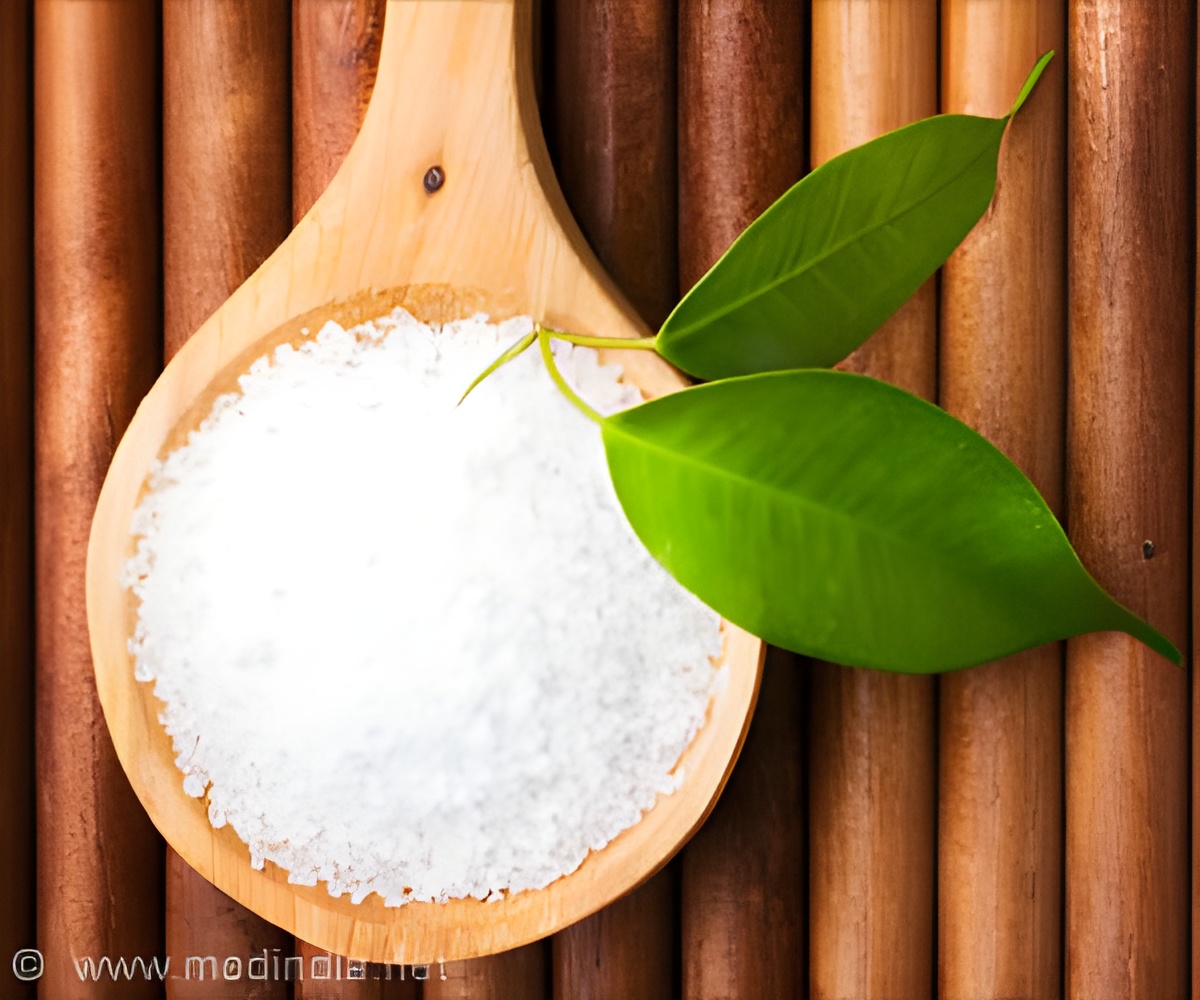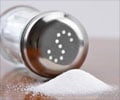
‘Reducing the salt intake from 12,500 milligrams per day (mg/d) to 3,500 mg/d could save as many as 8,800 cardiovascular deaths in the region.’
Tweet it Now
"The burden of cardiovascular disease attributable to a high sodium diet is extreme but preventable and measures to reduce salt intake are urgently recommended," said Shiwei Liu, Ph.D., study senior author and epidemiology professor at the Chinese Center for Disease Control and Prevention in Beijing. "Sodium intake is high in China, mainly from home cooking, eating out and pickled foods, especially in northern China such as Shandong province." Unlike in western countries like the United States where more than 70 percent of sodium comes from processed, prepackaged and restaurant foods, about 76 percent of the dietary source of sodium in China comes from home cooking. In Shandong, residents have a higher intake of dietary salt and a higher rate of adults with high blood pressure than the China's national average.
Researchers used blood pressure values for 13,272 SMASH participants in adults aged 25-69, sodium intake measurements of 24-hour urine excretions from 1,769 adults in the program, and death rates for the province. They estimated 16,100 deaths in adults aged 25-69 from cardiovascular diseases were attributable to higher sodium intake. That number includes 5,600 for ischemic heart disease and 9,000 for stroke.
Researchers estimated that if sodium intake was reduced from the 2011 Shandong baseline of 12,500 milligrams per day (mg/d) to 3,500 mg/d as many as 8,800 deaths from cardiovascular disease could potentially be averted.
SMASH started in 2011 as the first campaign on sodium reduction in Shandong, which has a population of nearly 100 million people. Based on its success, similar programs have been established in other regions of the country, Liu said.
Advertisement
A limitation of the study is that the quantitative effects of high sodium intake on blood pressure and the values of relative risk for systolic blood pressure on cardiovascular disease were obtained from global studies, so the estimates may not represent the true effect in Shandong or the Chinese population as they were calculated based on the pooled global data, mainly with white people involved.
Advertisement
American Heart Association volunteer expert Lawrence J. Appel, M.D., M.P.H., noted "High sodium intake is a global public health problem and most people, regardless of their nationality, can benefit from eating less sodium."
Appel is chair of the American Heart Association's Sodium Reduction Taskforce and the director of the Welch Center for Prevention, Epidemiology and Clinical Research.
"While strategies to lower sodium differ by country based on dietary sources of sodium and other factors, the benefits of reduced sodium intake are substantial and should be broadly implemented," he said.
The American Heart Association recommends that people:
• Choose foods with less sodium and prepare foods with little or no salt.
• Aim to eat no more than 2,300 mg of sodium per day.
• Reducing daily intake to 1,500 mg is desirable because it can lower blood pressure even further.
• If you can't meet these goals right now, even reducing sodium intake by 1,000 mg/d can benefit blood pressure.
Source-Eurekalert















